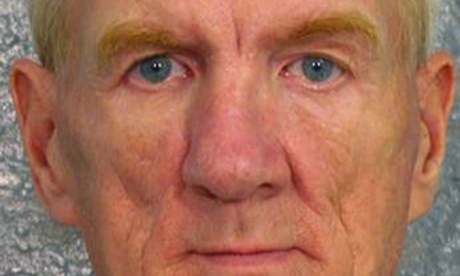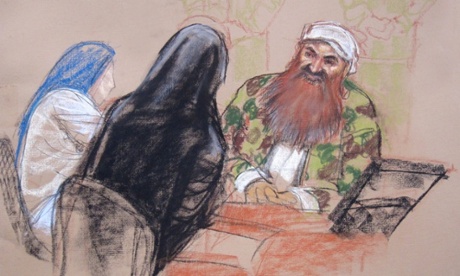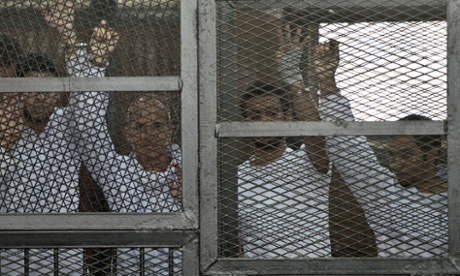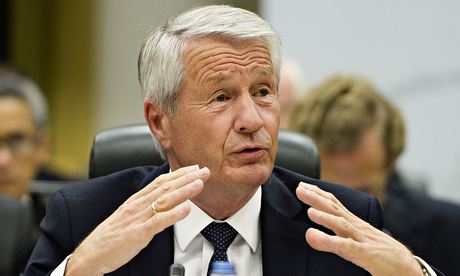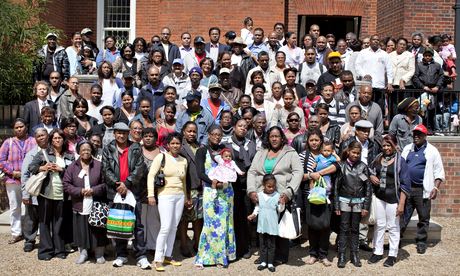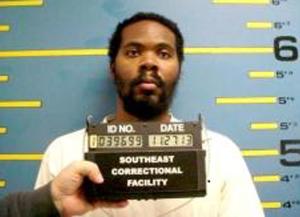
Stakeholders in the building and construction sector of the economy have urged the federal government to provide a legal framework for the National Building Code which had existed since 2006 without a legal backing.
They insisted that such a legal instrument would restore sanity and safety in the building industry which had recently been charactrised by the incessant incidence of building collapse that had become an embarrassment to government.
In a communique issued at the end of the second Lafarge National dialogue series themed:" Building Collapse: An Assessment of Building Practices in Nigeria and the Imperative for Sustainable Construction" in Abuja, the stakeholders demanded that the building code be sent without further delay to the National Assembly for consideration and passage.
Participants were also unanimous that though incidents of building collapse remained a major challenge, there is no connection in anyway with the quality of cement.
They insisted that such a legal instrument would restore sanity and safety in the building industry which had recently been charactrised by the incessant incidence of building collapse that had become an embarrassment to government.
In a communique issued at the end of the second Lafarge National dialogue series themed:" Building Collapse: An Assessment of Building Practices in Nigeria and the Imperative for Sustainable Construction" in Abuja, the stakeholders demanded that the building code be sent without further delay to the National Assembly for consideration and passage.
Participants were also unanimous that though incidents of building collapse remained a major challenge, there is no connection in anyway with the quality of cement.
The communique expressed regrets that building collapse had persisted despite the sustained efforts by various professional bodies in the industry and called on the various tiers of government to tame the trend.
It said: "Incidents of building collapse have remained prevalent despite continued efforts by various concerns and professional bodies in the building industry and at various tiers of government. Professionals are unanimous that cement is not responsible for building collapse and identify issues such as faulty designs, sharp practices, non-involvement of professionals in building projects, over-loading due to change in initial building plans amongst others for economic gains as contributory factors to building collapse."
It added: "The National Building Code should be forwarded without further delay to the National Assembly for consideration and passage to achieve the desired sanity and safety in the building industry."
It further recommended that the research institute should develop effective substitute to cement to make more choice available to consumers.
It said: "Incidents of building collapse have remained prevalent despite continued efforts by various concerns and professional bodies in the building industry and at various tiers of government. Professionals are unanimous that cement is not responsible for building collapse and identify issues such as faulty designs, sharp practices, non-involvement of professionals in building projects, over-loading due to change in initial building plans amongst others for economic gains as contributory factors to building collapse."
It added: "The National Building Code should be forwarded without further delay to the National Assembly for consideration and passage to achieve the desired sanity and safety in the building industry."
It further recommended that the research institute should develop effective substitute to cement to make more choice available to consumers.
The stakeholders also want building professionals strengthened in their effort at stamping out non-professionals from supervising building projects while manufacturers of building materials should adhere strictly to global standards.
They also called for the prosecution of perpetrators of acts of negligence resulting in building collapse from the side of the contractors, consultants and suppliers as a way of addressing the menace.
It argued: "There is no sub standard cement produced in the country as the 32.5 strength manufactured by the cement manufacturers is of world standard. Construction standards should be institutionalised through introduction of courses on standards in the universities and other higher institutions of learning in the country."
They also called for the prosecution of perpetrators of acts of negligence resulting in building collapse from the side of the contractors, consultants and suppliers as a way of addressing the menace.
It argued: "There is no sub standard cement produced in the country as the 32.5 strength manufactured by the cement manufacturers is of world standard. Construction standards should be institutionalised through introduction of courses on standards in the universities and other higher institutions of learning in the country."

